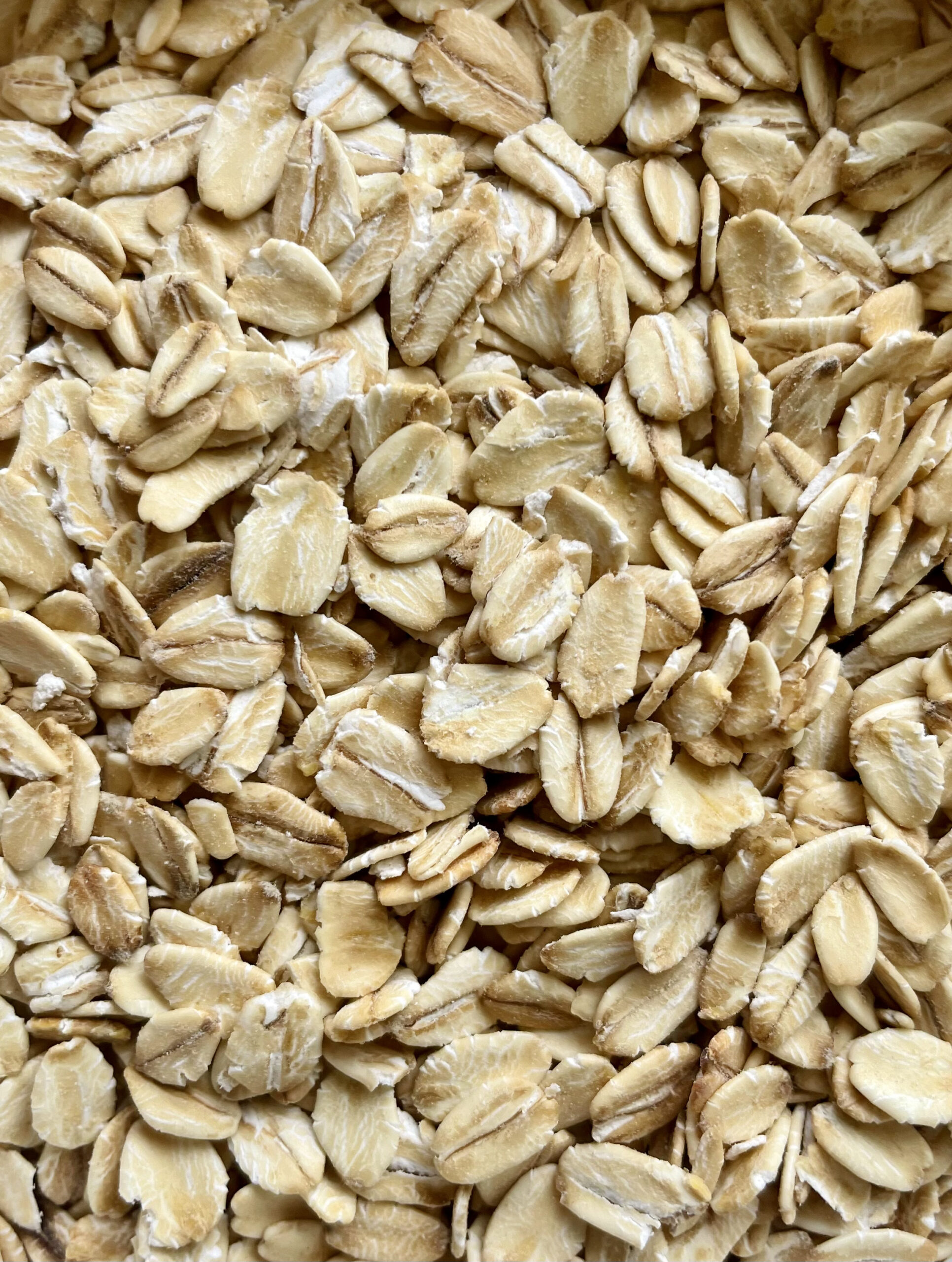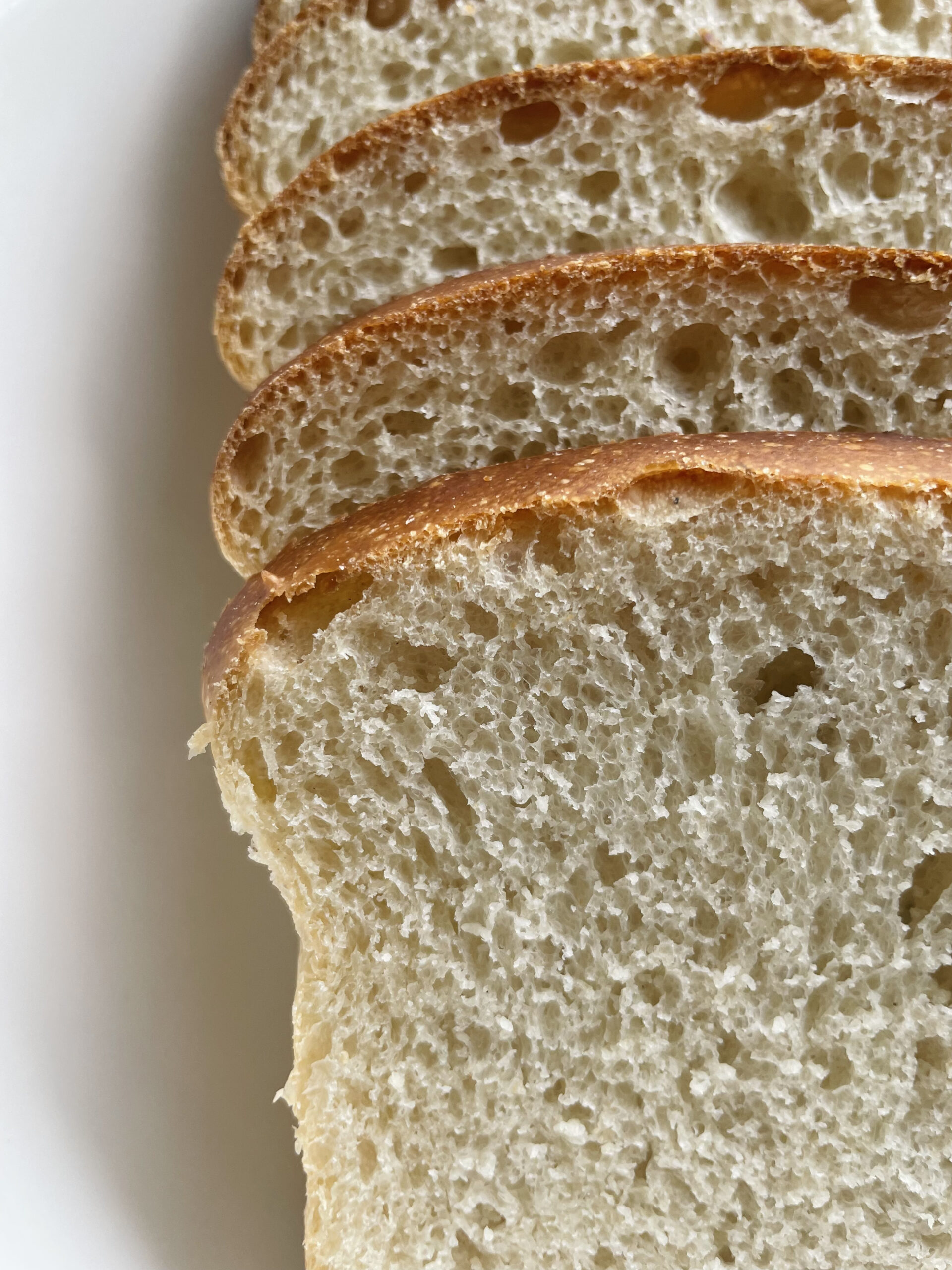Why Sustainable Nutrition Beats the Low-Carb Hype
- Grains and Cereals: Bread, pasta, rice, oats, and quinoa
- Fruits: Apples, bananas, berries, oranges, and grapes
- Vegetables: Potatoes, corn, peas, and carrots
- Legumes: Beans, lentils, and chickpeas
- Dairy Products: Milk, yogurt, and cheese
- Sugary Foods and Beverages: Soda, candies, cakes, and pastries
What is “Low Carb”?
Low-carb refers to a dietary approach that restricts carbohydrate intake, often by reducing or eliminating foods such as bread, pasta, rice, and sugary items. Instead, these diets emphasize higher consumption of proteins and fats. While the specific definition of “low-carb” can vary, it generally means consuming fewer carbohydrates than what is typical in a standard diet.
Why is “Low Carb” All the Rage Today?
Low-carb diets are popular because they promise rapid weight loss and improved metabolic health. Many people are attracted to the quick results, as cutting carbohydrates can lead to initial weight loss through water reduction and decreased appetite. These diets often involve increasing protein and fat intake, which can enhance feelings of fullness and help stabilize blood sugar levels. However, relying heavily on fatty animal proteins may raise concerns about heart health due to higher saturated fat intake. Additionally, reducing carbohydrate-rich foods can result in a lack of dietary fiber, essential for a healthy gut microbiome. Thus, while low-carb diets may offer initial weight loss, these results are often short-lived and challenging to sustain. Here are some low-carb fad diets to watch out for:
- Ketogenic Diet (Keto): Extremely low in carbohydrates, high in fats, and moderate in protein, aiming to induce ketosis.
- Atkins Diet: Starts with very low carb intake and gradually increases carbs in later phases, focusing on high protein and fat.
- Paleo Diet: Excludes processed foods, grains, legumes, and dairy, which often results in lower carbohydrate intake.
- Low-Carb Mediterranean Diet: Emphasizes healthy fats, lean proteins, and vegetables while reducing grains and starchy foods.
- South Beach Diet: Initially very low in carbs, focusing on high-protein and healthy fats, then gradually reintroduces carbs in moderation.
- Dukan Diet: High in protein and low in carbs, with phases that gradually reintroduce some carbs.
- Whole30 Diet: Although not strictly low-carb, it often results in lower carb intake by excluding grains, legumes, dairy, and added sugars.
- Carnivore Diet: Extremely low in carbs, focusing solely on animal products.
- LCHF (Low-Carb, High-Fat): Emphasizes high fat and low carbohydrate intake, similar to keto but with more flexibility.
- Zone Diet: Balances carbs, proteins, and fats but often involves reducing carbs to a lower level compared to standard diets.
- Nutrient Deficiencies: Restricting key food groups like fruits, vegetables, and whole grains can lead to deficiencies in essential vitamins, minerals, and fibre, impacting overall health.
- Restrictive Nature: Carbohydrates are central to many comfort foods and social gatherings. Eliminating them can limit food choices and create feelings of deprivation, making the diet harder to stick with.
- Short-Term Focus: Many low-carb diets prioritize rapid weight loss over long-term health. Once initial weight loss slows or habits revert, individuals may struggle to maintain results, leading to frustration and yo-yo dieting.
We all crave quick fixes, especially when it comes to diet and health, but true, lasting change takes time, patience, and effort. Instead of chasing after fleeting trends, consider embracing balanced approaches like Canada’s Food Guide, which encourages filling half your plate with vegetables and fruits, a quarter with whole grains, and a quarter with proteins. This method ensures you get a variety of essential nutrients and supports overall well-being.
Another great choice is the Mediterranean Diet, which highlights whole foods like fruits, vegetables, nuts, seeds, legumes, and lean proteins, complemented by healthy fats such as olive oil. Both of these approaches foster balance and variety, offering sustainable ways to enjoy a nutritious diet without the constraints of low-carb plans.
While diets and exercise routines that promise rapid results can be tempting, they often fall short and may be more about selling supplements than fostering real, lasting health. For effective and enduring weight management, focus on making gradual, healthy changes. Remember, achieving and maintaining your goals takes time and effort—things you can’t buy, but can definitely invest in with the right habits and patience. And if you need an extra hand along the way, get in touch —we’d love to help you on your journey!





